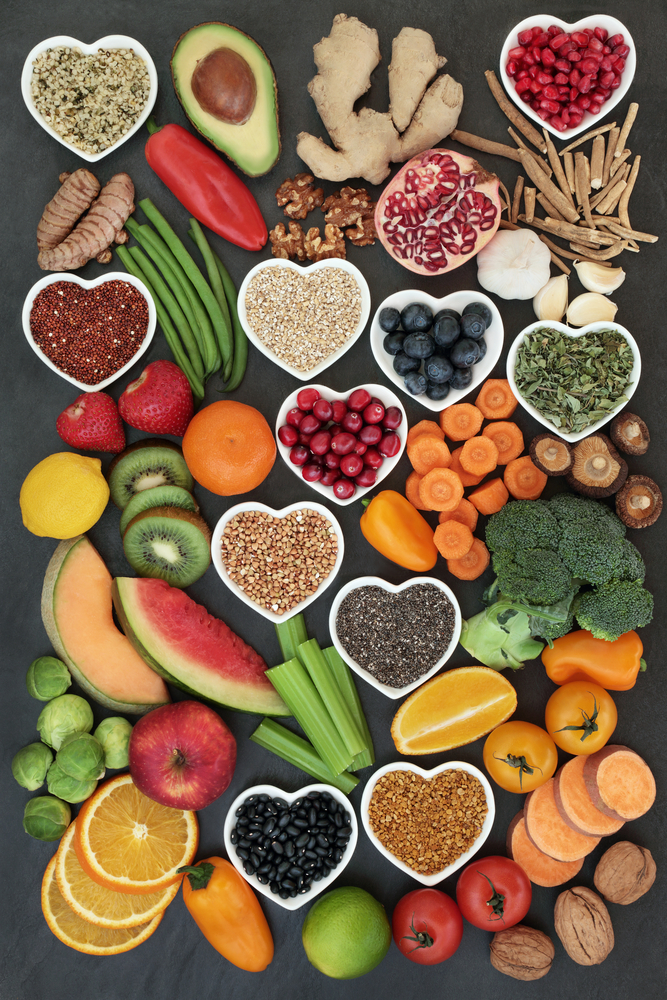Plenty of Sunlight, Fruits and Coffee Linked to Lower MS Risk in Study of Adults in Saudi Arabia

Getting plenty of sun, eating fresh fruits regularly and drinking coffee daily are associated with a lower risk for multiple sclerosis (MS) among adults in Saudi Arabia — while eating a lot of fast-food raises that risk, researchers report.
Their study, “Environmental exposures and the risk of multiple sclerosis in Saudi Arabia,” was recently published in the journal BMC Neurology.
Previous studies show mixed results concerning the prevalence of MS across the Gulf region. It is estimated to be high in Saudi Arabia, but the risk factors associated with the disease there remain unclear.
Researchers conducted a case-control study involving 307 MS patients and 307 matched healthy adults in three Saudi Arabian cities — Riyadh, Jeddah, and Dammam.
To evaluate different environmental risk factors, the team used a structured questionnaire focused on demographics, family history of MS, medical history, sun exposure levels, parental consanguinity, smoking habits, diet, obesity, coffee consumption, among other factors.
Most study participants were female (75%), and the mean age was 32.91 years for MS patients and 32.89 for matched controls. Almost half (42%) were between the ages of 18-29 years old. There was no statistically significant difference between MS patients and controls regarding their level of education, primary work status over the past 12 months, and average household earnings.
Results showed that, in Saudi Arabia, being the firstborn increases by 1.68-fold the risk of developing MS. Individuals with a family history of MS were found to be 5.83 times more likely compared to the matched control group.
Discuss the latest research in the MS News Today forum!
Eating fast-food five times or more each week and having had the measles were two factors independently associated with an increased risk of MS — by 2.05 and 3.77 fold, respectively.
In contrast, sun exposure during early childhood is considered protective against MS. In the study, participants who spent more time in the sun throughout childhood and early adulthood (university years) were less likely to develop MS.
Eating five or more servings of fruit each week and drinking coffee daily were also associated with a lower risk of MS.
Factors like body mass index, age of menstruation, and breastfeeding were not associated with MS risk, nor were consuming red meat or drinking milk.
A family medical history of type 1 diabetes or other autoimmune diseases — such as systematic lupus erythematosus, rheumatoid arthritis, or Crohn’s disease — were also not associated with an increased risk of MS.
“Our study suggested that high levels of sun exposure during primary school and university, consumption of fruits and drinking coffee protect against MS. In contrast, eating fast food was associated with an increased risk of the disease,” the researchers concluded. “Encouraging outdoor activity and healthy diets in school, especially for females, is highly recommended.”






